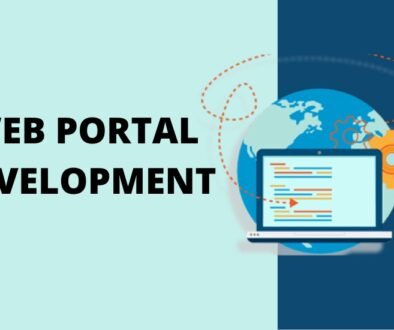The Power of Field Service CRM Software
The demand for effective field service management has never been greater due to companies growing their operations and reach, particularly in service-oriented industries. Customer relationship management CRM software for field services is a game-changing innovation that streamlines operations, improves communication, and ultimately increases customer happiness. In this article, we explore Field Service CRM software, investigating its features, advantages, and effects on both businesses and clients.
Understanding Field CRM software
A technological marvel, field service CRM software integrates customer relationship management with effective field service administration. To create a smooth and effective experience for both organizations and customers, it connects data, processes, and communication channels. This program makes it easier to schedule, assign, track, and monitor field technicians, ensuring they have access to the resources, knowledge, and tools they need to do their jobs well.
Key Features
Scheduling: The capacity of Field Service software to automate and improve scheduling and dispatching is one of its key advantages. It assigns the appropriate technician to the relevant job, reducing response times and travel expenses, by taking into account parameters like technician availability, geography, experience, and task urgency.
Real-time communication: For customers, field technicians frequently serve as a company’s public face. Real-time contact between personnel and clients is made possible by CRM software, allowing for status updates, arrival timings, and even interactive troubleshooting, increasing openness and fostering confidence.
Task and Inventory Management: Field Service CRM solutions offer tools to manage tasks, track work progress, and maintain an inventory of necessary equipment or spare parts. This ensures technicians have everything they need to complete tasks efficiently, reducing the need for return visits due to missing resources.
Route Optimization: The software analyzes traffic conditions, distance, and other variables to optimize travel routes for field technicians. This not only saves time and fuel but also improves the overall efficiency of service delivery.
Data Analytics: Field Service Management CRM provides businesses with valuable insights into performance metrics, such as response times, task completion rates, and customer satisfaction. This data-driven approach enables continuous improvement and strategic decision-making.
Benefits for Businesses
Enhanced Efficiency: Automation reduces the possibility of human mistakes in processes like dispatching and scheduling, which optimizes the use of resources and boosts overall effectiveness.
Cost reductions for organizations come from shortened travel distances, improved inventory control, and decreased downtime. Predictive maintenance features in the software can also stop equipment failures and the expenditures that come with them.
Customer satisfaction is increased as a result of quicker reaction times, precise arrival estimations, and efficient problem-solving. With the use of that, you can foster prompt service and effective communication, which improves the customer experience.
Streamlined Communication: By ensuring seamless communication between office workers, technicians, and customers, the program improves teamwork and decreases miscommunication.
Data-Driven Insights: Having access to real-time data and analytics allows companies to spot trends, patterns, and problem areas, which helps them hone their processes and offer even better services.
Impact on Customer Experience
In-Field Support CRM software significantly improves the customer experience, making for a smooth and enjoyable journey. Customer worry is decreased and trust is built when personnel communicate in a timely and precise manner. Customers’ overall happiness is increased by the ability to follow the progress of technicians and anticipate their arrival times. Additionally, the analytics-driven methodology of the program analyzes customer preferences and trends, allowing organizations to provide customized solutions and surpass expectations.
Future Trends and Innovations
Future prospects for Field Service Management CRM are bright as technology advances more. Predictive maintenance enables firms to identify problems before they even arise. Artificial intelligence and machine learning are set to play a big role in this process. Remote troubleshooting could be revolutionized by augmented reality, with professionals utilizing interactive visual aids to walk consumers through repairs. Integration with IoT devices may provide proactive equipment health monitoring, resulting in quicker responses and decreased downtime.
Conclusion
Numerous advantages result from its combination of customer relationship management and field service management. With real-time communication, data-driven insights, and streamlined scheduling and route planning, this software makes sure that companies can offer top-notch service while keeping operating costs to a minimum. Field Service CRM software is the link between great service and contented consumers in the era of raised customer expectations, paving the way for a day where productivity and client satisfaction are inseparable.



